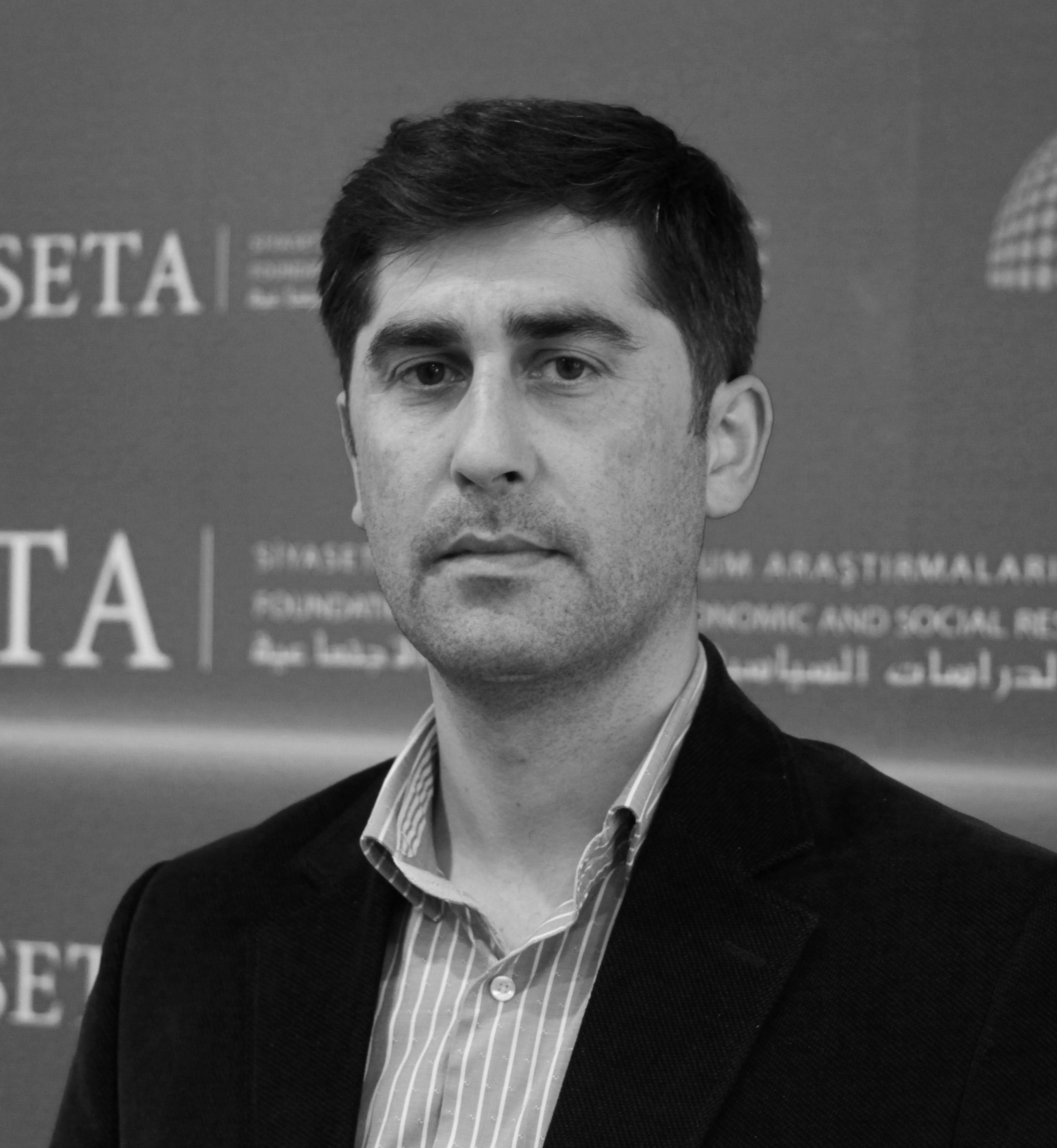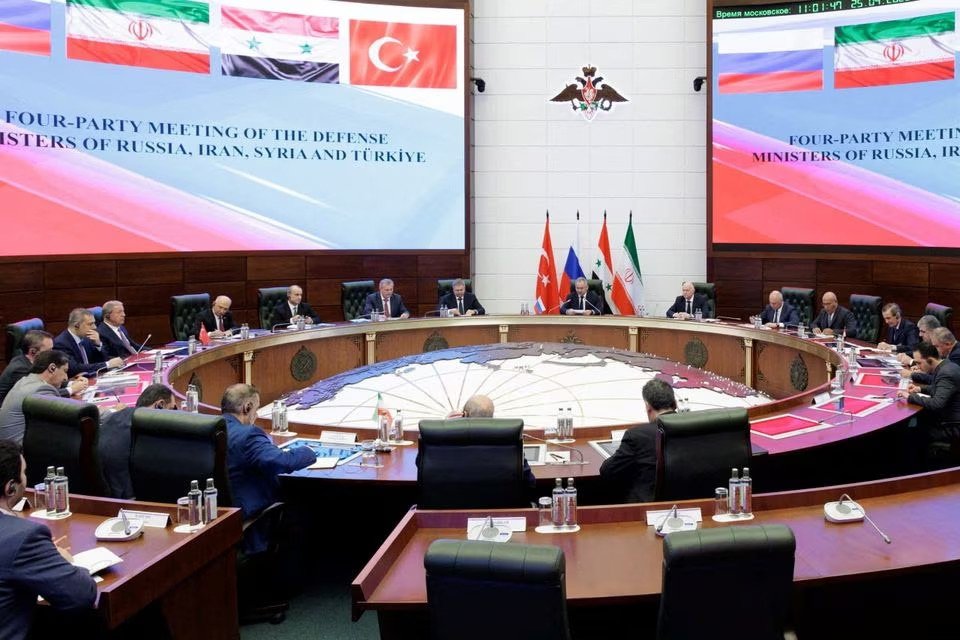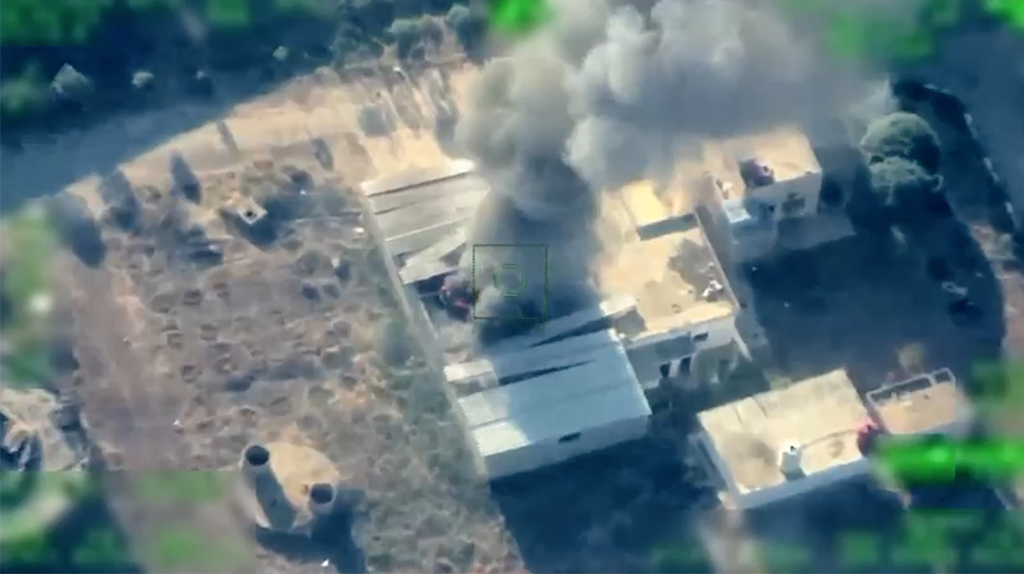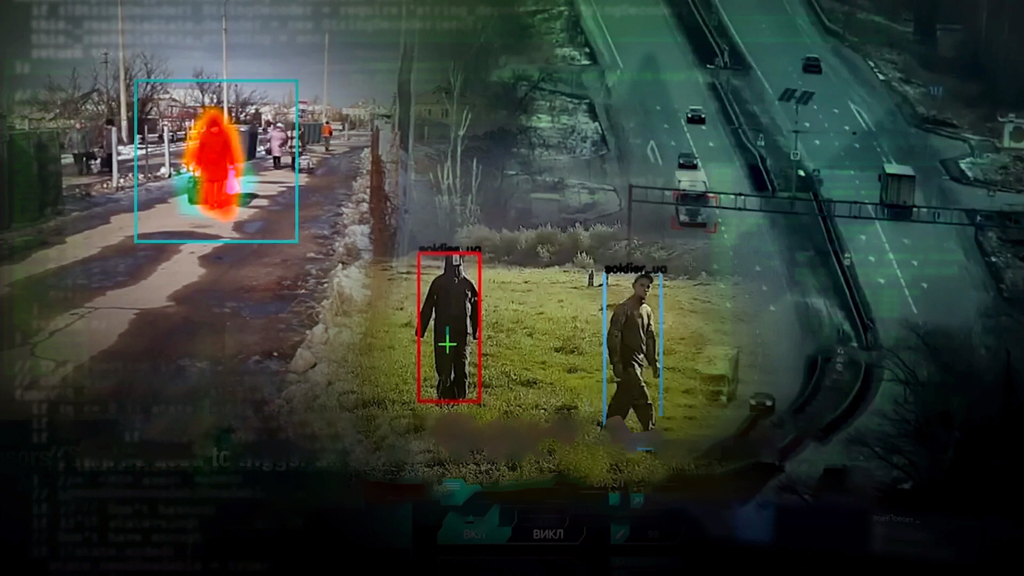For a considerable period, Türkiye and Syria have engaged in discussions aimed at reshaping their bilateral relationship into a new framework. Most recently, a diplomatic meeting took place in Moscow in April involving foreign ministers from both countries, along with Russia and Iran. However, since April, the trajectory of these talks has become increasingly uncertain. This uncertainty has been shaped by the complex nature of the Syrian conflict, the divergent priorities of the external actors, the strategically ambiguous behavior of the Bashar Assad regime and the lack of capacity of the state of Syria. Other dynamics exist that make the talks between Türkiye and Syria more difficult to reach the real objectives of the negotiations process. Primarily, labeling the ongoing process between Türkiye and Syria as "normalization" is both inaccurate and overly optimistic for two fundamental reasons. The initial issue revolves around the standing of Syria as a recognized state within the international community, possessing defined borders and United Nations membership. Yet, genuine normalization necessitates the fulfillment of three prerequisites concerning Syria's sovereignty, territorial integrity and political coherence. Presently, none of these conditions have been met. The Assad regime lacks full authority within its territory, the nation has suffered territorial disintegration, and political unity is absent. Notably, the Syrian state lacks the genuine capacity to pursue its objectives independently. The issue also pertains to the intra-Arab normalization efforts involving the Assad regime.
Focusing on counterterrorism crucial
A second challenge emerges from the incongruence between the present circumstances and the desired outcomes. An essential concern in the Türkiye-Syria talks is counterterrorism, with the Adana Agreement frequently cited in recent years as a foundational document on this matter. Nevertheless, the formation of a new collaborative approach between Türkiye and the Syrian regime to fight terrorist organizations like the PKK and its Syrian affiliate, the YPG, remains unclear. To effect policy shifts, either Türkiye or the regime must substantially adjust their stances on the YPG. Türkiye appears steadfast in its stance against the PKK in Syria, aiming ultimately for the YPG's territorial neutralization and weakening its political presence in the Syrian northeast. Herein lie various potential strategies, all of which provide only short-term solutions. Firstly, the regime could eliminate the PKK presence along Türkiye's border regions and also expel the PKK/YPG from regions such as Manbij and Tal Rifaat. However, voluntary compliance from the PKK is unlikely, requiring coercive measures that the regime currently lacks both capability and intent to employ. Alternatively, Türkiye might launch a limited military operation with the Syrian National Army (SNA) against the PKK/YPG, bolstering the regime's hand against the group. However, the challenge of the ongoing partnership between the YPG and the U.S. presents a complex difficulty in the talks with Syria. Therefore, divergencies in the prioritization of the issues such as terrorism are the main driving factor behind the lack of progressive talks. Likewise, the refugee return issue underscores the gap between the situation on the ground and the aspired resolution. Encouraging news pertains to Türkiye's military presence and the establishment of local governance models in areas under the Syrian Interim Government and Syrian National Army's control, facilitating maneuverability. Yet, despite these advantages, challenges persist in the return of refugees, particularly to regions under regime control. Those who have recently returned to such areas have faced discouraging treatment. Dialogue remains feasible between the regime and Lebanon, as well as Jordan, but returns from these countries have been minimal. Return to areas devastated by conflict, where the regime views returnees as "traitors," infrastructure is destroyed, and economic capacity is constrained, presents a formidable undertaking. Implementing an agreement without a coherent and comprehensive road map could exacerbate refugee difficulties. Therefore, the expansion of safe zones and the strengthening of local administrations are more viable for their return.
The Syrian opposition's role
An additional critical concern pertains to the uncertainty surrounding the Syrian opposition's role in the Türkiye-Syria discussions. Accepting conditions set forth by the Assad administration for peace implies capitulation for the Syrian opposition, which cannot feasibly negotiate with the regime while relinquishing its military and political structures. Türkiye cannot accept such a scenario. Consequently, establishing new points of contact between the opposition and the regime, in a context where Geneva talks have stalled for over three years and the regime pursues delay tactics, presents substantial challenges. The situation becomes even more complex when the situation in Idlib is taken into consideration. Given the uncertainties characterizing the reconciliation negotiations, numerous risks for Türkiye emerge. Maintaining the status quo, combined with the YPG's increasing presence in northeastern Syria, could evolve into a strategic threat for Türkiye. There's also a risk that the Syrian regime employs the talks to strategically prolong the conflict. Furthermore, Iran's endeavor to deepen its Syrian presence and reshape the nation demographically presents an additional challenge for Türkiye. Since a significant portion of Turkish refugees originates from Aleppo, the prospects of refugee return are hampered by Iran and regime policies, further complicating Türkiye's medium-term strategic outlook. Literature on civil wars suggests that these conflicts typically persist for a minimum of 15 years, with a 50% likelihood of recurrence. Applying this theory, the Syrian war appears poised to endure for at least three more years. Considering the complex interplay of domestic, regional and international dynamics within the Syrian civil war, it's conceivable that the war will endure for a minimum of another 15 years. Ankara should acknowledge that the Türkiye-Syria talks have limitations and realities on the ground are evolving, which will eventually transform the nature of the Syrian conflict and the modality of the solution. [Daily Sabah, August 18, 2023]







